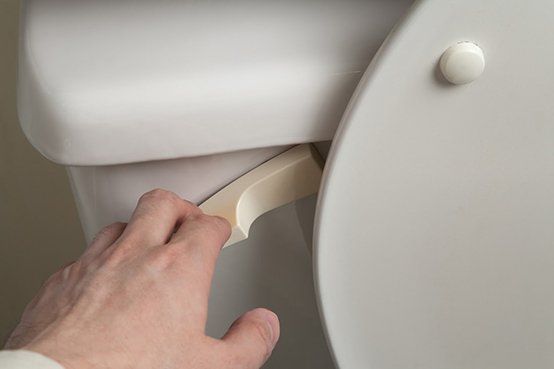Celiac Disease, Gluten Intolerance, and Wheat Allergies: A Comparison

Celiac disease not only damages your digestive system, but it also affects your whole body. Gluten intolerance and wheat allergies can also cause some of the same symptoms, but with less permanent damage. Discover more information about these three conditions, how they affect your intestinal tract, and how to get diagnosed and treated.
What Is Celiac Disease?
Celiac disease is a condition where the breakdown of gluten causes an abnormal autoimmune response in the small intestines where nutrients are absorbed. Gluten is a protein common in wheat, barley, and rye.
Most people's intestinal tracts break down gluten into usable proteins with no problem. With celiac disease, the immune system sees gliadin, the protein that forms when gluten breaks down, as a threat. The immune system attacks the gliadin and the lining of the small intestines in the process.
How Are Gluten Intolerance and Wheat Allergies Similar?
Gluten intolerance and wheat allergy also invoke an immune response and produce many of the same symptoms of celiac disease. These conditions cause irritation and inflammation in the intestinal tract. The main difference between those conditions and celiac disease is the damage is usually not permanent. However, some reactions are life-threatening.
How Does Celiac Disease Affect the Intestines?
When the immune system attacks the intestinal lining, the villi are destroyed. These villi help the body absorb and transport important nutrients from food. When the villi are destroyed, the small intestine no longer efficiently absorbs nutrients. This process occurs over time with each gluten exposure. The results are nutritional imbalances as well as bone loss, anemia, and fatigue.
What Are Celiac Disease Symptoms?
Celiac disease symptoms vary and are often mistaken for other gastrointestinal problems. Many people with celiac disease show symptoms similar to irritable bowel syndrome and Crohn's disease. These symptoms include diarrhea, constipation, weight loss, and serious abdominal pain. Other symptoms may include mouth sores, irregular menstrual cycles, and loss of teeth enamel.
How Is Celiac Disease Diagnosed?
Because celiac disease symptoms mimic other gastrointestinal problems, you cannot rely on the symptoms for an accurate diagnosis. Celiac disease is more definitively diagnosed through a blood test. This blood test looks for certain antibody reactions to gluten. People with gluten intolerance and wheat allergy will test negative to this test.
The doctor may also want to take a biopsy of your small intestine. This procedure happens with an endoscope placed through your throat and stomach to your small intestines. The sample passes through the tube and is checked in a laboratory. A biopsy will show the extent of damage to the villi.
What Treatment Options Are Available?
The only tried and true way to treat celiac disease and help your intestines heal is to avoid gluten. Be aware that many foods have hidden sources of gluten, so you should work with a nutritionist who will help you learn how to identify them. The nutritionist will also show you how to modify your diet so you get all the nutrients needed.
If you have gluten intolerance or a wheat allergy, you may still be able to consume wheat but only up to a certain level. If you are extremely sensitive, then you might have to give up gluten entirely as well. The doctor may also suggest you follow a low FODMAP diet to reduce intestinal problems. Wheat allergy is sometimes treatable with antihistamines. For life-threatening wheat allergies, an EpiPen is also necessary.
Celiac disease is often genetic but often goes unnoticed until serious problems develop. If you have celiac disease, then early diagnosis is important. If you ignore the symptoms too long, then you could permanently damage your small intestine. If gluten intolerance and allergies are a problem, then you may be able to improve your digestive health through diet and medication.
If you have chronic digestive system problems or pain, Kentuckiana Gastroenterology & Paramount Surgery Center can help. We can determine if celiac disease or another condition is the cause of your digestive distress. Contact us for an appointment.

















